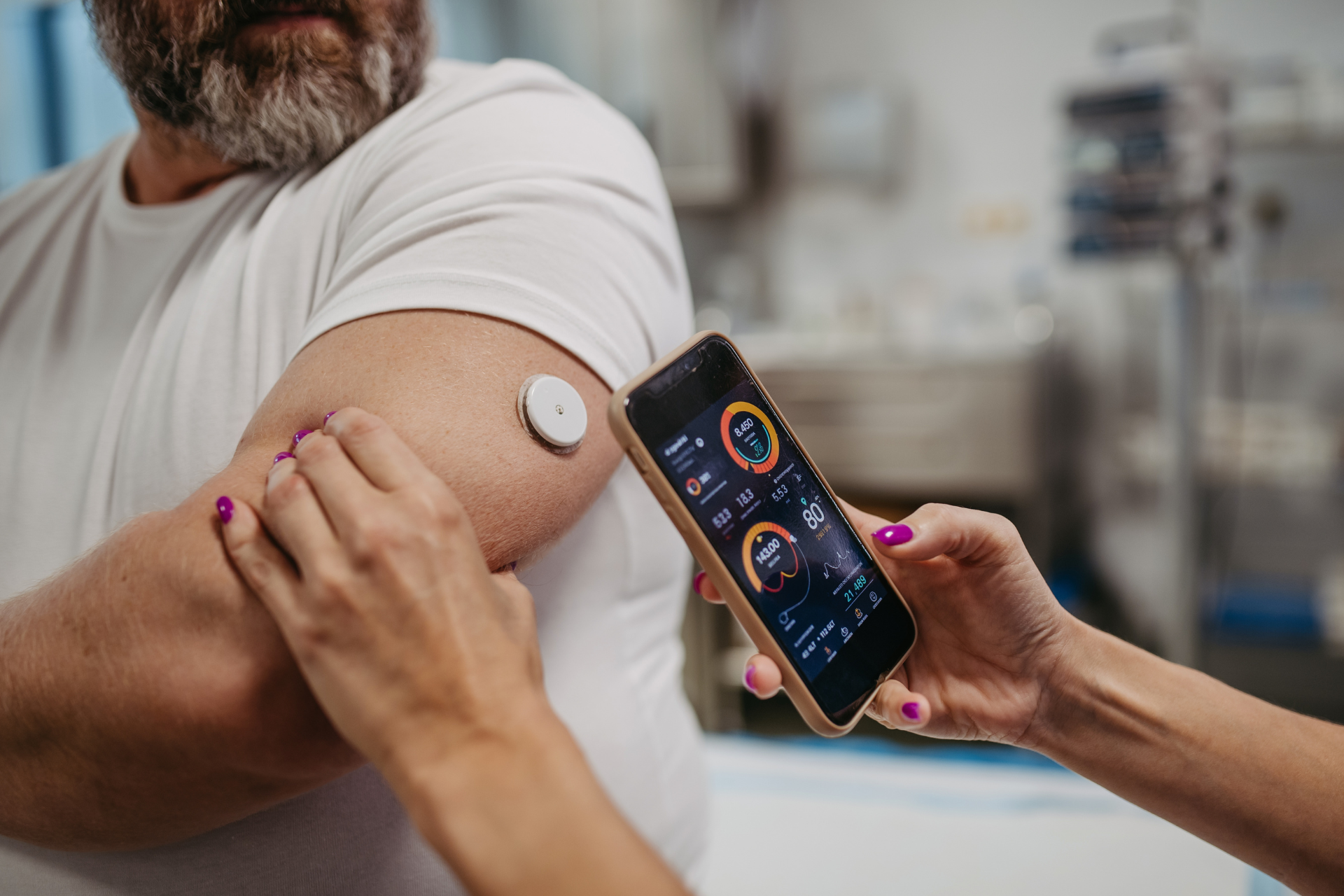The Rise of Influencer Marketing in Digital Health
As digital platforms transform how we consume information, healthcare brands are increasingly partnering with influencers to connect with patients and consumers. This strategic shift represents more than just a new marketing channel – it's fundamentally changing how health information is communicated in today's interconnected world.
The Growing Impact of Healthcare Influencers
The healthcare industry has witnessed an explosion of influencer partnerships in recent years. With the #health hashtag garnering over 165 million publications on Instagram alone[1], consumers are actively seeking health information through social channels – a trend that accelerated during the COVID-19 pandemic.
Healthcare influencers come from diverse backgrounds, including medical professionals, patients sharing personal health journeys, wellness advocates, and healthcare entrepreneurs. Unlike traditional marketing, these partnerships offer authenticity that resonates deeply with today's consumers by humanizing complex topics and breaking down medical jargon.
Strategic Applications in Healthcare Marketing
Healthcare brands leverage influencer partnerships in several ways:
Disease Awareness and Education: Influencers help destigmatize health conditions through personal storytelling, creating safe spaces for discussion and encouraging others to seek help.
Product and Service Promotion: From prescription medications to digital therapy platforms, healthcare brands showcase treatments through relevant influencers. Olympic champion Michael Phelps partnered with Talkspace, sharing his struggles with depression to encourage others to seek mental health support[2].
Public Health Campaigns: Healthcare organizations amplify important health messages through influencer reach, as seen when Blue Cross Blue Shield partnered with creators to share information about insurance enrollment periods[2].
Ethical Considerations
The intersection of healthcare and influencer marketing presents unique ethical challenges:
Regulatory Compliance: Healthcare promotion is heavily regulated by agencies like the FDA, requiring careful monitoring of health claims made on social media.
Accuracy and Responsibility: Health information and misinformation can literally be a matter of life and death. Influencers bear significant responsibility to provide accurate, evidence-based information.
Transparency and Disclosure: The FTC requires clear disclosures about sponsored content, particularly important in healthcare where consumer trust is paramount.
Privacy Considerations: Healthcare influencers must be mindful of HIPAA regulations when discussing patient experiences.
5 Top Priorities for Ethical Healthcare Influencer Marketing
1. Authentic Partnerships
Select influencers with genuine connections to your brand or health condition. When Lady Gaga partnered with Pfizer to promote their migraine medication, she shared her authentic experiences with migraines, resonating more deeply with audiences[2].
2. Comprehensive Training
Ensure influencers understand both regulatory requirements and product information, including FDA compliance for pharmaceutical products and FTC disclosure guidelines.
3. Rigorous Approval Processes
Establish multi-step review processes that include legal and medical professionals, allowing sufficient time for thorough reviews before content goes live.
4. Education Over Promotion
Create content that simplifies complex medical information without oversimplification and balances promotion with broader health education.
5. Monitoring and Measurement
Track engagement to identify potential misinformation, monitor comments for adverse event reporting, and assess metrics aligned with healthcare goals.
The Future of Healthcare Influencer Marketing
Several trends are likely to shape the future of healthcare influencer marketing:
- Increased partnerships with micro-influencers who have specialized healthcare expertise
- The rise of patient communities as collective influencers
- Enhanced technology tools for compliance monitoring
- Integration with telehealth services, creating seamless journeys from awareness to treatment
Conclusion
When implemented ethically and strategically, influencer marketing offers healthcare brands unprecedented opportunities to connect with patients in meaningful ways. By prioritizing authenticity, accuracy, and compliance, organizations can leverage influencers to improve health literacy, reduce stigma, and drive better health outcomes.
The most successful campaigns will continue to be those that balance promotional goals with genuine commitment to public health – creating content that not only engages audiences but also empowers them to make informed healthcare decisions.
References:
1. Schwarz, R. (2024). The Intersection Of Social Influencers And Healthcare. Forbes Communications Council.
2. IZEA Worldwide, Inc. (2024). Influencer Marketing for Healthcare: Examples and Best Practices.
3. Pharma Marketing Network. (2023). Influencer Marketing in Pharma: Ethical Considerations and Best Practices.
4. HIT Consultant. (2024). Pharma & Influencer Marketing: Can They Coexist Ethically?
5. Holt, D. (2025). What are the legal requirements for Healthcare Influencers when doing business online? Holt Law.











